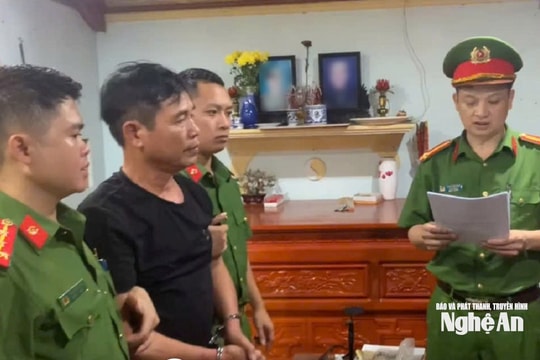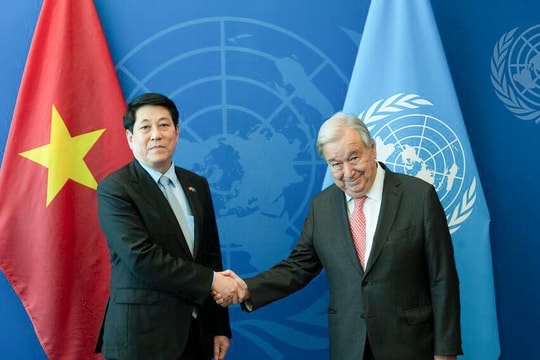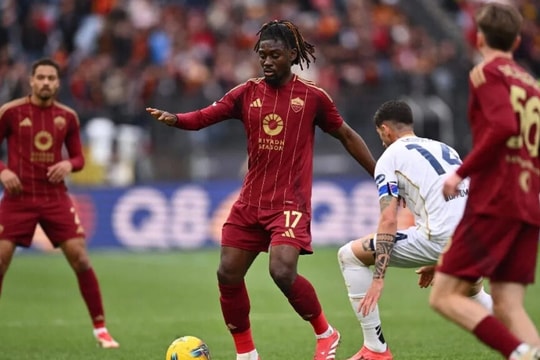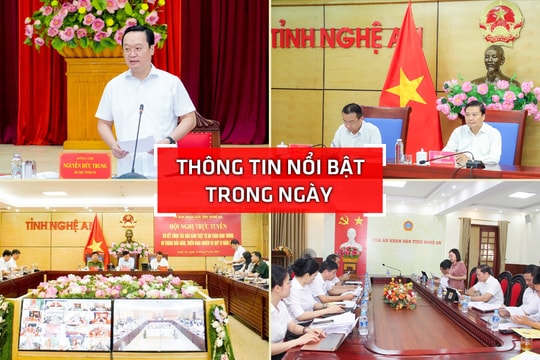French President with a chance to prevent Russia-Ukraine war
Tensions between Russia and the West over Ukraine could give French President Macron an opportunity to take a central position in the current diplomatic process and build a new security order in Europe.
Tensions between Russia and the West over Ukraine have reached a critical stage this week. The US has increased its forces on NATO’s eastern flank while Moscow is ready to send more troops to the border with Ukraine. Amid the tensions, diplomatic efforts are underway and potential solutions may be starting to take shape.
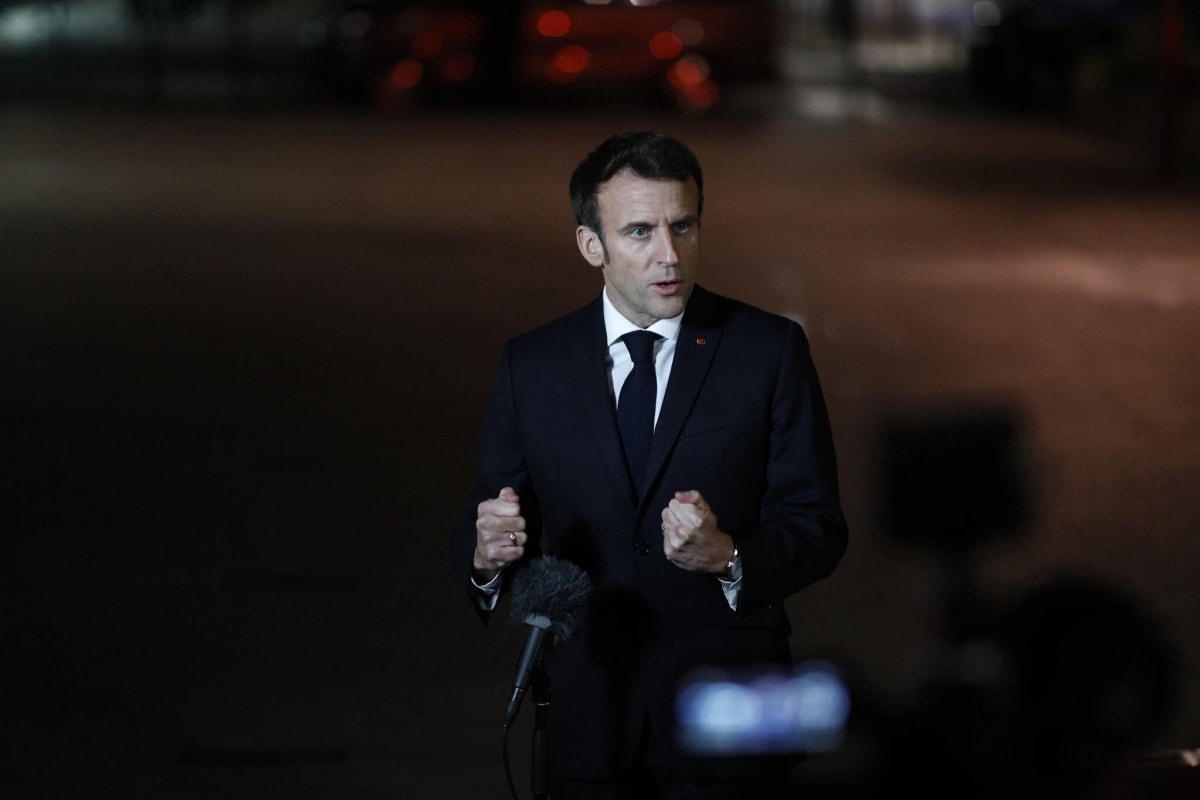 |
| French President Emmanuel Macron. Photo: EPA |
Preventing Russia-Ukraine war
On February 7, President Biden met with German Chancellor Olaf Scholz and at the same time, French President Emmanuel Macron also met with his Russian counterpart Vladimir Putin in Moscow before going to Kiev. While the Biden administration maintained a tough stance, Germany tried to avoid being drawn into the tension, President Putin firmly demanded that the West have a clear answer to Russia's security demands. In that context, French President Macron positioned himself as a central figure in European foreign policy. With Russia, President Putin assessed Mr. Macron as "an elite interlocutor".
French officials said that President Macron applied two approaches in his meeting with President Putin and Ukrainian President Volodymyr Zelensky.
The first approach is to use the Normandy Format – a grouping of France, Germany, Ukraine and Russia that aims to promote the 2015 Minsk agreements, a still-vague document aimed at securing a ceasefire in eastern Ukraine.
The second approach is to consult closely with President Biden to de-escalate tensions and reverse Russia's buildup of forces on the border with Ukraine.
A senior French presidential administration official said the West's tensions with Russia were "the expansion of NATO and the admission of former Soviet states," which had created "an instability that needs to be reduced." The official also said that President Putin had told President Macron that he wanted "a substantive exchange that gets to the heart of the matter."
In fact, France will probably conclude that President Putin’s demands, including that NATO exclude former Soviet states from the alliance, cannot be met. However, Paris will address the “heart of the matter” in acknowledging that NATO expansion has caused long-standing concerns with Russia. It is unlikely that Romania, Lithuania, and other countries that have participated in NATO expansion will leave the alliance, and it is unlikely that NATO will rescind its 2008 Bucharest declaration that Ukraine “will become” a member of the alliance.
“We could make some moves, such as acknowledging that President Putin is not entirely wrong in raising his concerns,” commented Justin Vaïsse, a former French Foreign Ministry official.
The official also said: "Ukraine is not a NATO member and probably will not be a member of this alliance for some time."
Shaping a new European security order
For Mr Macron, the opportunity to lead the effort to build a new European security architecture puts him front and center in perhaps the most crucial phase of his presidency, just two months before elections. It also gives the French president a chance to take on a greater leadership role across Europe and advance his vision of a Europe that cooperates but is also independent of the US.
"We want a Russia that is completely inclined towards China or a Russia that balances its relations between Europe and China," Bruno Le Maire, French Economy Minister, said after Russia and China declared "no limits" in their relationship and called on NATO to "abandon its Cold War approach".
French President Macron now has two goals: to prevent war amid Russia's buildup on the border with Ukraine and secondly to ease Russian concerns about NATO's eastward expansion, with the ultimate aim of integrating Russia into a new European security system to balance its relationship with China.
However, the French leader needs to handle this carefully.
“Some European countries, including Germany, were frustrated with President Macron’s approach when the French leader criticized them for doing nothing. That weakened his position,” said Jeremy Shapiro, a former US State Department official who is now research director at the European Council on Foreign Relations.
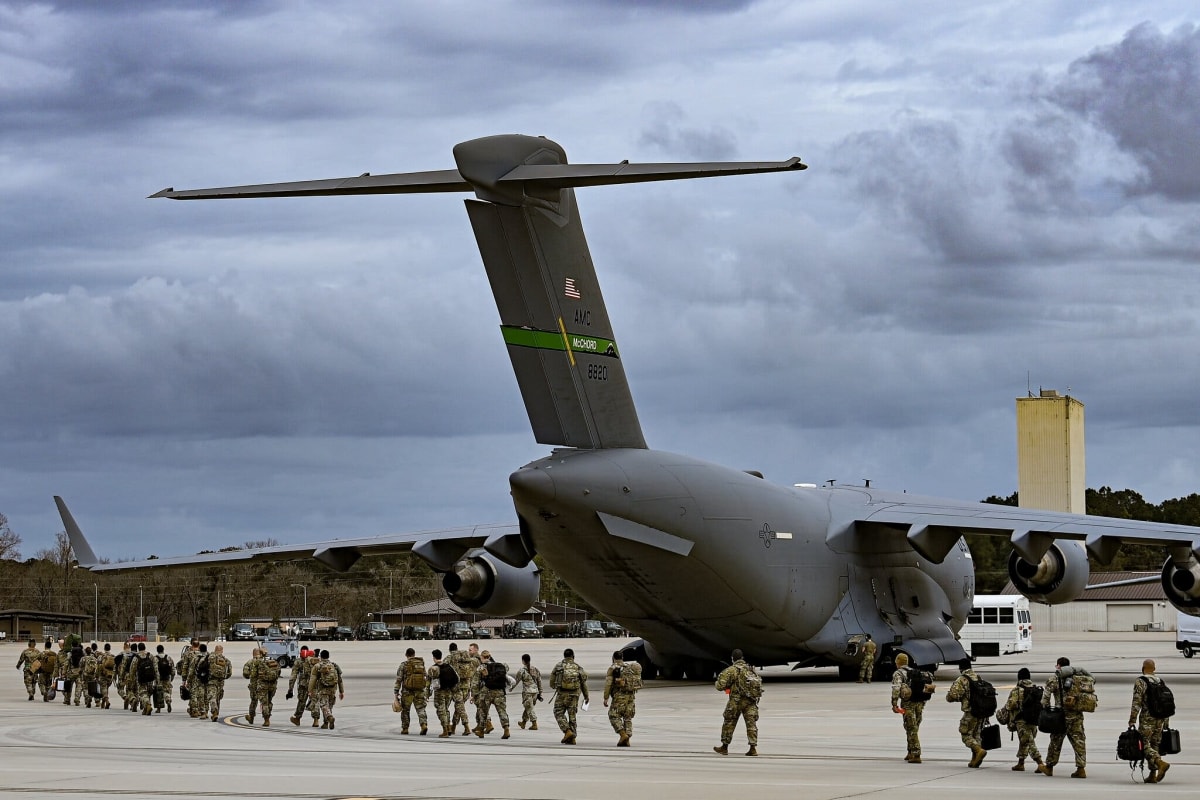 |
| US troops are being sent to Eastern Europe amid the escalating Russia-Ukraine crisis. Photo: New York Times |
French President Macron’s visit to Moscow is significant. The French leader, who has spoken to President Putin three times in the past 10 days, has indicated that he will take Russia’s security concerns into account, but will not abandon his support for Ukraine’s sovereignty.
President Macron on February 6 outlined what he called a "realistic" approach to the threat of war, amid more than 100,000 Russian troops massed on the border with Ukraine.
"Russia's geopolitical goal today is clearly not Ukraine but to clarify the rules of how Moscow will live with NATO and the EU," Mr. Macron assessed.
President Macron wants to explore whether US proposals made last month can be followed by confidence-building measures to get out of the crisis.
The US proposal involves more transparency about missile deployments in Eastern Europe and calls for “reciprocal” commitments from the US and Russia to limit missile and troop deployments in Ukraine. President Putin has dismissed the US response to his demands, calling them “inappropriate”.
“The arms control proposal could be combined with certain consultation mechanisms on changes to the status of NATO or some memorandum on NATO enlargement or some new interpretation of the Minsk agreements, allowing Donbass to veto what the Ukrainian government does,” Mr. Shapiro said.
According to this official, President Putin wants a "long-term vision" for Ukraine and Europe. That forces Mr. Macron to enter a dangerous game when trying to balance the "new European security order"./.

.jpg)
